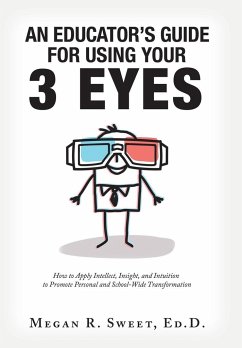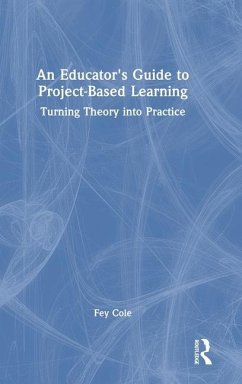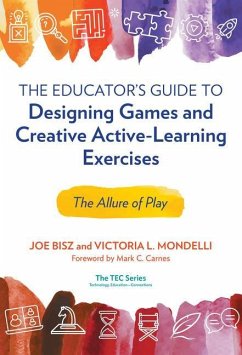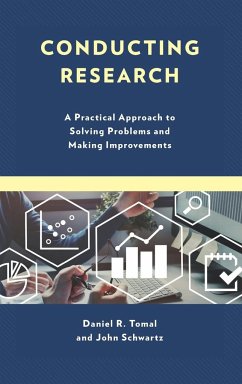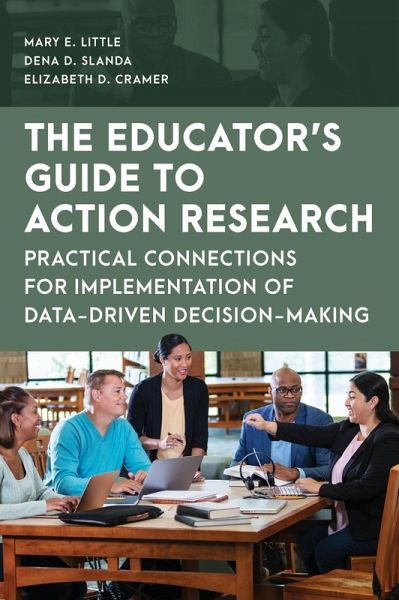
Educator's Guide to Action Research
Practical Connections for Implementation of Data-Driven Decision-Making
Versandkostenfrei!
Versandfertig in 1-2 Wochen
82,99 €
inkl. MwSt.
Weitere Ausgaben:

PAYBACK Punkte
41 °P sammeln!
This book is designed to build and enhance educators' knowledge about decision-making processes, including the use of multiple sources of assessment and data to inform instruction, interventions, services, and supports for all students within a comprehensive system to conduct action research. This resource demystifies, describes, and connects the data-driven decision-making process (DDDM) of action research within a schoolwide multi-tiered system of supports (MTSS) framework, including descriptions, examples, and resources of phases and components of educational solution-finding within our cla...
This book is designed to build and enhance educators' knowledge about decision-making processes, including the use of multiple sources of assessment and data to inform instruction, interventions, services, and supports for all students within a comprehensive system to conduct action research. This resource demystifies, describes, and connects the data-driven decision-making process (DDDM) of action research within a schoolwide multi-tiered system of supports (MTSS) framework, including descriptions, examples, and resources of phases and components of educational solution-finding within our classrooms and schools. Federal legislation such as the 2015 Every Student Succeeds Act requires educators to follow policies and procedures to make data-informed decisions to support and enhance the learning of all students through action research. Action research is directly focused on the ability to connect multiple sources of assessment data with equitable, effective, evidence-based approaches, strategies, interventions, and resources to address and maximize academic, behavioral, and social emotional benefits for students. In addition, acquiring the knowledge and skills of DDDM through the systematic use of action research enables educators to actively participate not only in instructional and intervention decisions but also in the programmatic decisions for the determination of additional services, including special education, within a comprehensive system of school initiatives. A comprehensive, data-driven decision-making process utilizes the knowledge, skills, and phases of action research in classrooms and schools by all educators, including special and general education teachers, school psychologists, and related service personnel, within one system of data use in instruction, interventions, and determination of needed services and supports





